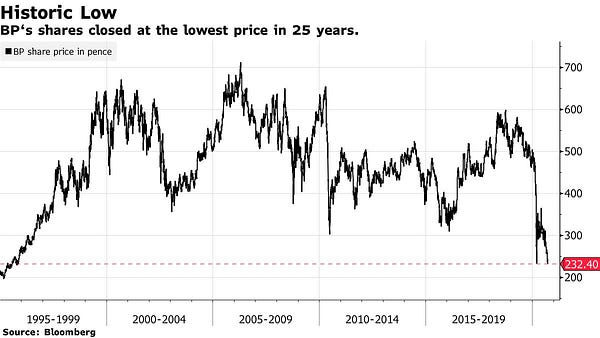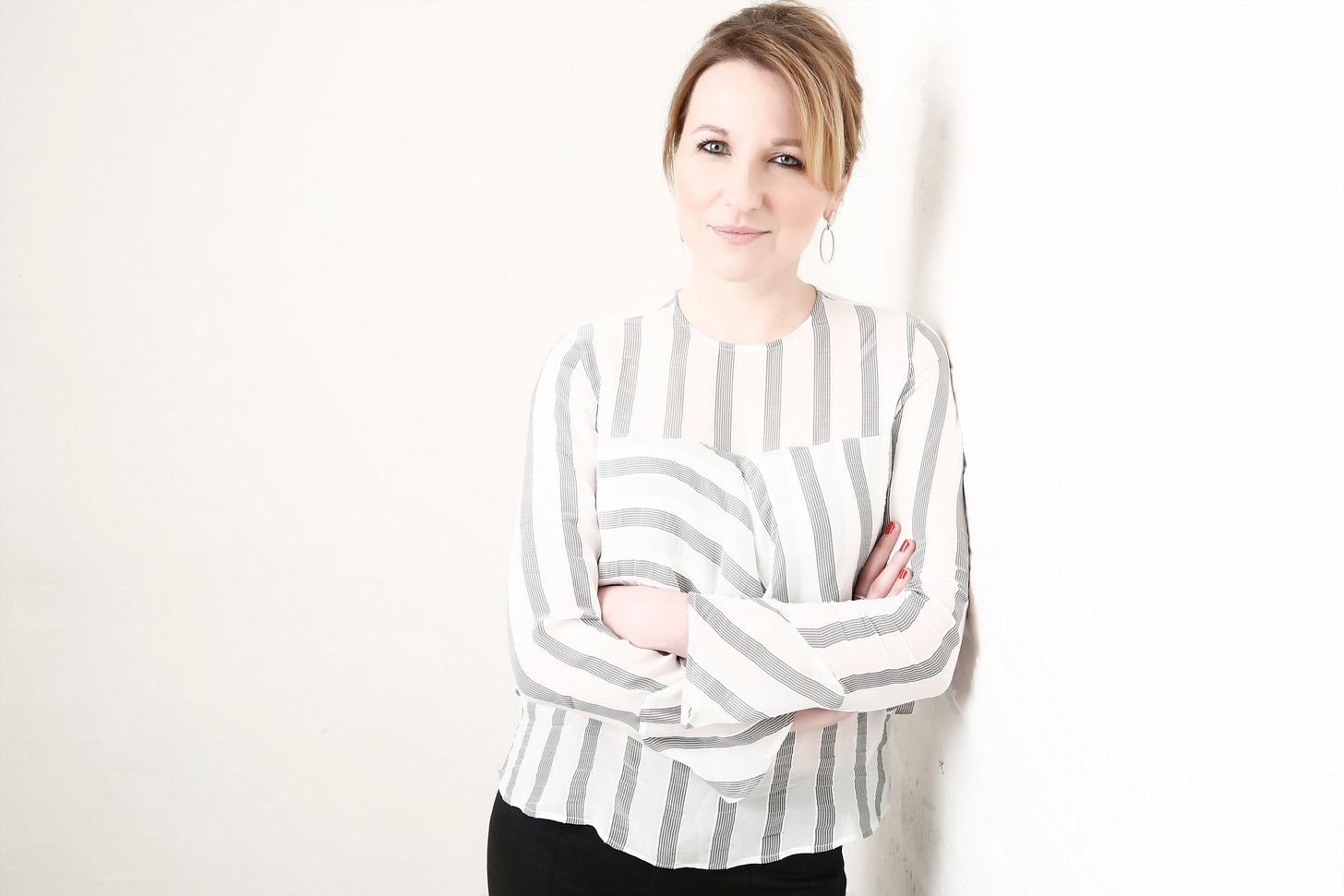Weekly newsletter for women who want to be smart about money: financial news, personal finance and investing
Welcome to our #38 weekly newsletter in 2020.
Every week we curate key content and apply a female-lens so you can stay informed and inspired about money and investing.
Stay in the know.
Keep on top of global economic, financial and investing news and trends. And read about what this means for you and your money in 2020 during Covid-19 and beyond.
If you’re short on time, listen to the editorial on audio for a brief overview.
“For women who are taking control of their financial future”
-Jana Hlistova

From The Purse…
Editorial from the Founder
It was a turbulent start to the week; stocks fell amid concerns of Covid-19 resurgence and an investigative bank report.
The European stock markets suffered their worst week since mid-June.
And according to the Bank of America, US stocks had suffered their third-largest outflow of funds, with investors pulling $25.8bn out of equities in the past week.
The US private sector has slowed slightly in September and the UK economic recovery loses its momentum.
The UK has now borrowed £173.7bn since the start of the financial year in April, to cover the economic damage of the pandemic.
Meanwhile eurozone firms continue to load up on credit. Bank loans to firms rose by 7.1% year-on-year, extending the borrowing boom (since March).
The UK Chancellor, Rishi Sunak cancelled the autumn budget and has introduced wage subsidies, to support workers after the furlough scheme ends in October.
Brits are worryingly exposed to financial shocks and read about why leaving your money in a cash ISA is a bad idea.
BP share price dropped to a 25 year low after it unveiled its new climate change strategy.
And we spotlight whether the US dollar could crash in 2021, according to economist Stephen Roach.
In the Have You Seen This? section we highlight the pension gender gap and how to make up the financial shortfall.
And forcing women into debt is now a marker of domestic abuse.
We’re tracking a new project called Balance the Load: it is a collaborative project which aims to solve the problem of the mental load. Women everywhere will understand how powerful this is.
If you have time, watch the TED Talk by sociologist Liene Ozolina about why social policies fail during economic crisis.
Stay safe, look after yourselves and your loved ones.
I hope you enjoy this week’s newsletter. Until next week,
Jana
The Big Picture
Global markets and economy news, trends and indicators
The Coronavirus Effect:
Gloomy Monday: stocks fell amid Covid 19 resurgence fears and investigative bank report
Major indexes pared losses in late trading.
The FTSE 100 was down 22% since the start of the year (dominated by bank, travel, mining stocks-all hard hit).
Investors are concerned about the resurgence of Covid-19 cases, a possible mini-lockdown in the UK and the political uncertainty ahead of the US election (and the death of Ruth Bader Ginsberg, the US Supreme Court Justice).
The European stock markets suffered their worst week since mid-June
European equity markets are largely lower because of growing concerns about the health crisis.
The FTSE 100 briefly hit its lowest level since May.
The Stoxx 600 lost 0.8%, taking its weekly losses to 3.7% - the worst in 3 months.
Eurozone firms continue to load up on credit (borrowing). Bank loans to firms rose by 7.1% year-on-year, extending the borrowing boom (since March).
Companies have been forced to borrow money to cover their expenses (as the economies came to a standstill and consumers were unable to spend due to lockdown).
US private sector slows slightly in September
The monthly dip may suggest that growth peaked in August, with election uncertainty and pandemic fears both weighing on the economy.
US stocks see third biggest outflow in history as investors flee tech
Bank of America said US stocks had suffered their third-largest outflow of funds, with investors pulling $25.8 bn out of equities in the past week.
Technology stocks suffered their biggest fund-flow redemption since June 2019.
UK economic recovery loses momentum
The outlook for business at its weakest since May and jobs being shed at a rapid rate. “The economic recovery decelerated in September and is set to stall in the fourth quarter, in response to rising Covid-19 infections.”
UK borrowing surges (£35.9bn in August)
The UK has now borrowed £173.7bn since the start of the financial year in April, to cover the economic damage of the pandemic.
UK Chancellor cancels the autumn budget and introduces new jobs protection
Rishi Sunak has announced a replacement of the coronavirus furlough scheme, with a German-style system of subsidies. Read how it works here.
Employers will continue to pay the usual wages of their staff for the hours they work. For hours not worked, the government and the employer will each pay one third of the equivalent salary.
However, 1m more UK workers are forecast to lose their jobs.
Future Focus
Keeping an eye on key predictions, innovations and what’s going to impact the future
US: One paradox of the recent bull-market is that it has taken place in face of consistent selling by investors in ETFs & mutual funds.
Monthly flows of actively managed stock funds have been negative for years, but now even passively managed ETFs are seeing outflows.


Europeans’ household savings surged during lockdown
With economies in lockdown and millions of consumers forced to stay home, people in the Euro-area were forced, rather than unwilling, to consume, as usual in the first half of 2020.
Recent surveys indicate that consumers plan to spend less on big-ticket items over the next 12 months.

Your Money
Insights, trends and what this means for you and your purse
Brits ‘worryingly’ exposed to financial shocks
According to be report from Schroders Personal Wealth, Britons are not doing enough to prepare for the ‘financially unexpected’.
UK: Have a cash ISA? Here’s why this may not be a good idea
Women aged 25 to 34 are the most likely to hold Cash ISAs of all age groups, at 23% (811,000).
Cash has been a less reliable investment since 1925, lagging behind global bonds (6.6%), rental property (7.2%), gold (7.7%) and UK equities (12.4%).
Interest rates are so low now, investing in a cash ISA is almost not worth it.
Reach out to a financial advisor if you need to.
Companies: winners & losers
Companies to watch and share price movements
BP drops to 25 year low after unveiling its climate strategy
Shares of the oil giant fell 2.8% to lowest since October, 1995.


In the Spotlight
Is there a topic you'd like us to Spotlight? Please tweet @jointhepurse
Could the US dollar crash in 2021?
According to the economist Stephen Roach, the US dollar could collapse by the end of 2021 (and there is a 50% chance the US economy could experience a double-dip recession).
The current account deficit in the US (the broadest measure of our international imbalance with the rest of the world), suffered a record deterioration.
He also said: ‘As we head into flu season with the new infection rates moving back up again, with mortality unacceptably high, the risk of an aftershock is not something you can dismiss’.
Have You Seen This?
Female-focused news, reports, research, campaigns
Pension Gender Gap: how women can fight future financial shortfall
As many as 1 in 3 women over the age of 50 do not have a private or workplace pension, compared to one fifth of men, according to SunLife.
By the time women are in their early 60s, their wealth is just a third of men’s (according to the Pension Policy Institute).
The average pension pot for a 65-year old woman in the UK is £35,800, just one fifth of the £175,000+ of the average 65-year old man.
SunLife’s survey found 30% of women hope their spouse’s pension will support them in old age, yet women could leave themselves in financial difficulty if they go through divorce or are widowed early.
Read the report: Finances over 50 (from SunLife)
Set up a workplace or private pension.
In the UK, you will receive tax relief, based on how much you earn.
If you earn over £10, 000 per year, your employer will automatically enrol you in workplace pension.
If you are self-employed, you can set up a self-invested personal pension (SIPP). You can set this up via an online investment platform.
The earlier you start, the more time your money have to compound and grow (but it is never too late to start).
Know this: we talk about pensions a lot at The Purse because it is important. Women often prioritise others’ welfare and financial needs over their own. Research shows women are more generous in ‘helping out’ financially which puts them at a disadvantage later on in life. Prioritise learning about how you can set up a private pension if you do not qualify for a workplace pension (even if this is for a year or two as you take time out). Research online investment platforms that allow you to set up a SIPP.
Forcing women into debt, is a marker of domestic abuse
The Domestic Abuse Bill finally recognises economic abuse.
Economic abuse is a form of control that restricts, exploits and sabotages a victim's economic well-being.
A particularly common tactic (by perpetrators) is to force victims into debt.
Women can be forced to take out loans, mortgages and credit cards and other credit agreements.
Lenders need to see that coerced debt is real.
And we need to see consumer law reformed to protect victims and hold perpetrators accountable.
Know this: always seek help. Visit Surviving Economic Abuse
What We’re Tracking
Female-focused products or services, start-ups and businesses led by women, investment, crowdfunding campaigns and research.
Balance the Load (UK)-is a collaborative project which aims to solve the problem of the mental load. Women everywhere get this!

Read more about how this project came about and why this can help balance any relationship.
You can sign up to the beta version.
Money Habits of the Week
Do you have a money habit you would like to share with us? Tweet @jointhepurse
Research your pension or retirement fund investments.
Reach out to your pension provider and ask for a break down of your investments. You may be able to access all your information via an online platform.
Find out where your pension provider stands on ESG investing and how they make their investment decisions.
Ask to speak to someone who can answer your questions.
It might make sense to work with a financial advisor.
Keep learning and stay engaged.
What We’re Watching
Liene Ozolina: teaches sociology and researches post-socialist politics and culture.
Watch this TED talk about how the global financial crisis decimated Latvia. Sociologist Liene Ozoliņa examines how Latvian officials convinced their people to accept responsibility for the country's failing economy and highlights the rise of similar social policies upholding inequality worldwide.
Coffee Break? Read This
6 things we can learn from how women leaders handled the pandemic
How the world’s most prominent women are mourning the death of Justice Ruth Bader Ginsburg
Making a demon of JK Rowling is a wretched sport, born of misogyny and resentment
We’d love to hear from you. Get in touch with Jana via the The Purse website or tweet @jointhepurse and @janicka.

The Purse Ltd. Copyright 2020 & All Rights Reserved.














Share this post